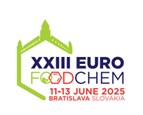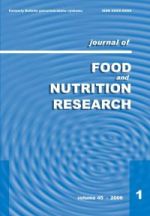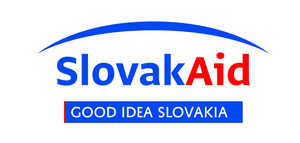Vedecký časopis - archív
Journal of Food and Nutrition Research
Súhrny čísla 1 / 2019
Popp, J. – Oláh, J. – Kiss, A. – Temesi, A. – Fogarassy, C. – Lakner, Z.
The socio-economic force field of the creation of short food supply chains
Journal of Food and Nutrition Research, 58, 2019, č. 1, s. 31-41
Judit Oláh, Institute of Sectoral Economics and Methodology, Faculty of Economics and Business, University of Debrecen, Böszörményi út 138, 4032 Debrecen, Hungary; Institute of Applied Informatics and Logistics, Faculty of Economics and Business, University of Debrecen, Böszörményi út 138, 4032 Debrecen, Hungary. E-mail: olah.judit@econ.unideb.hu
Received 11 April 2018; 1st revised 27 June 2018; 2nd revised 15 August 2018; accepted 27 August 2018; published online 7 December 2018
Súhrn: It is a clear contradiction that while, on a verbal level, there is a mushrooming of declarations on the importance of a specific form of circular economy and short supply chains in sustainable rural development, these systems hardly exist in the new member states of the European Union (EU). The current article offers a possible explanation for this paradox and suggests some policy measures to enhance the role of these systems. Applying the approach of institutional economics and force field theory, and based on expert estimations from ten EU member states using the MACTOR method, the authors determined the influence-dependence relations between relevant actors and the actor-goal connections in the socio-economic systems relevant to short supply chains in EU member states. It was proven that in the new member states of the EU the considerable cost-efficiency advantages of global supply chains paired with the high level of influence of multinational trading companies are, in most cases, more important factors than sustainable development. The relatively low propensity to pay for local products on the part of the population of new EU member states further decreases possibilities for short supply chain development. The concluding remarks also include suggestions for policy makers.
Kľúčové slová: circular economy; food production; institutional economics; MACTOR method; strategic analysis
Na stiahnutie:
jfnr201904.pdf (PDF, 329.47 Kb, 1473x)










